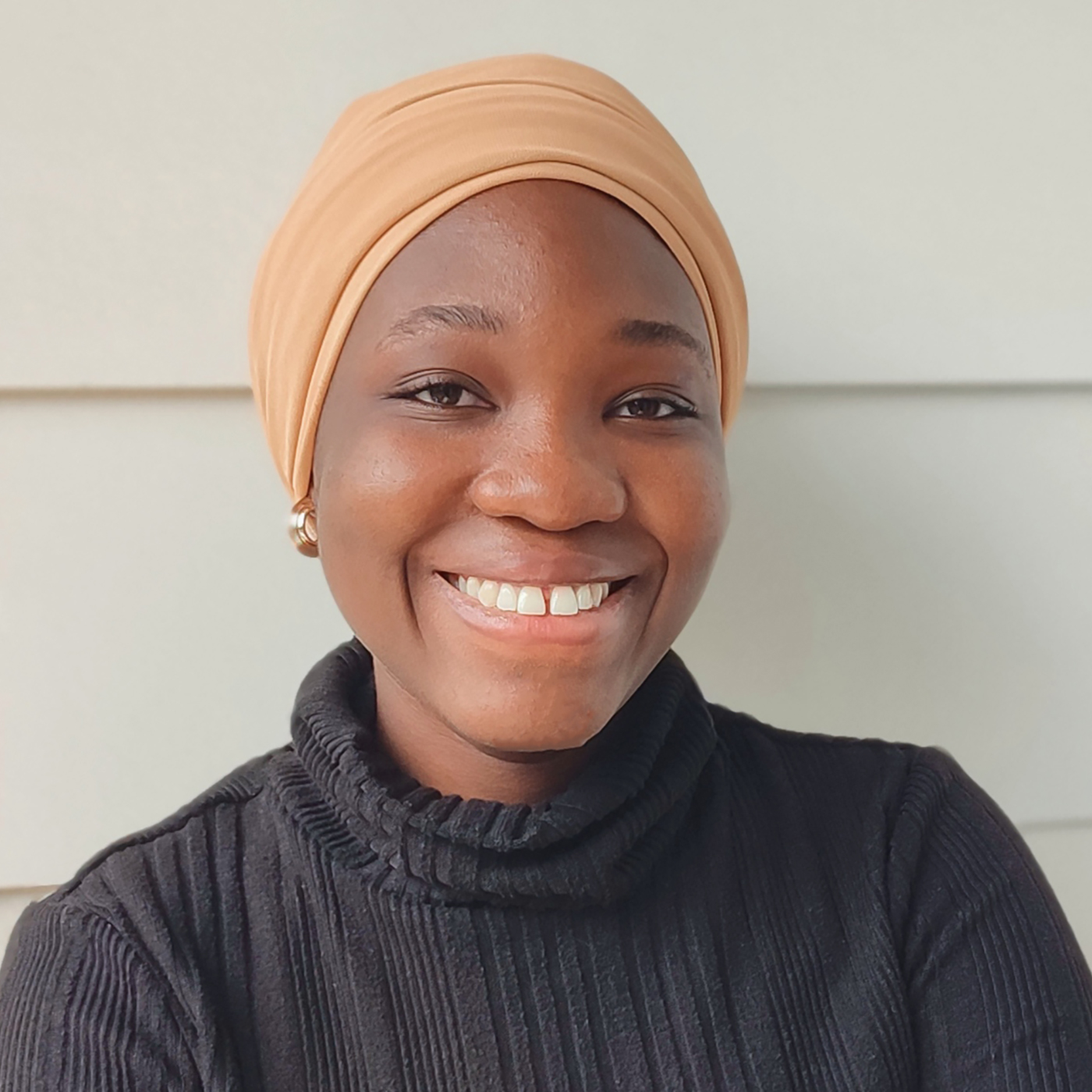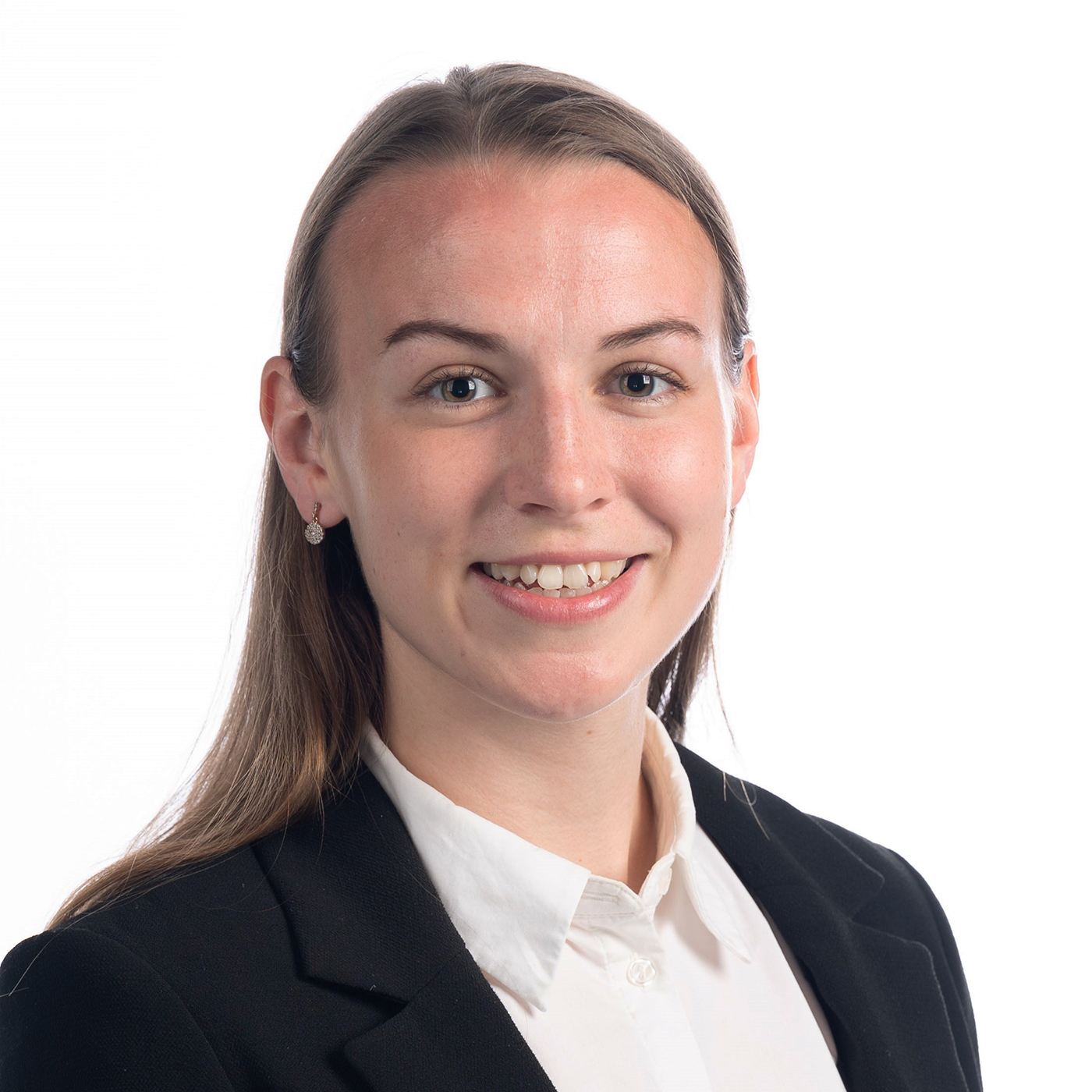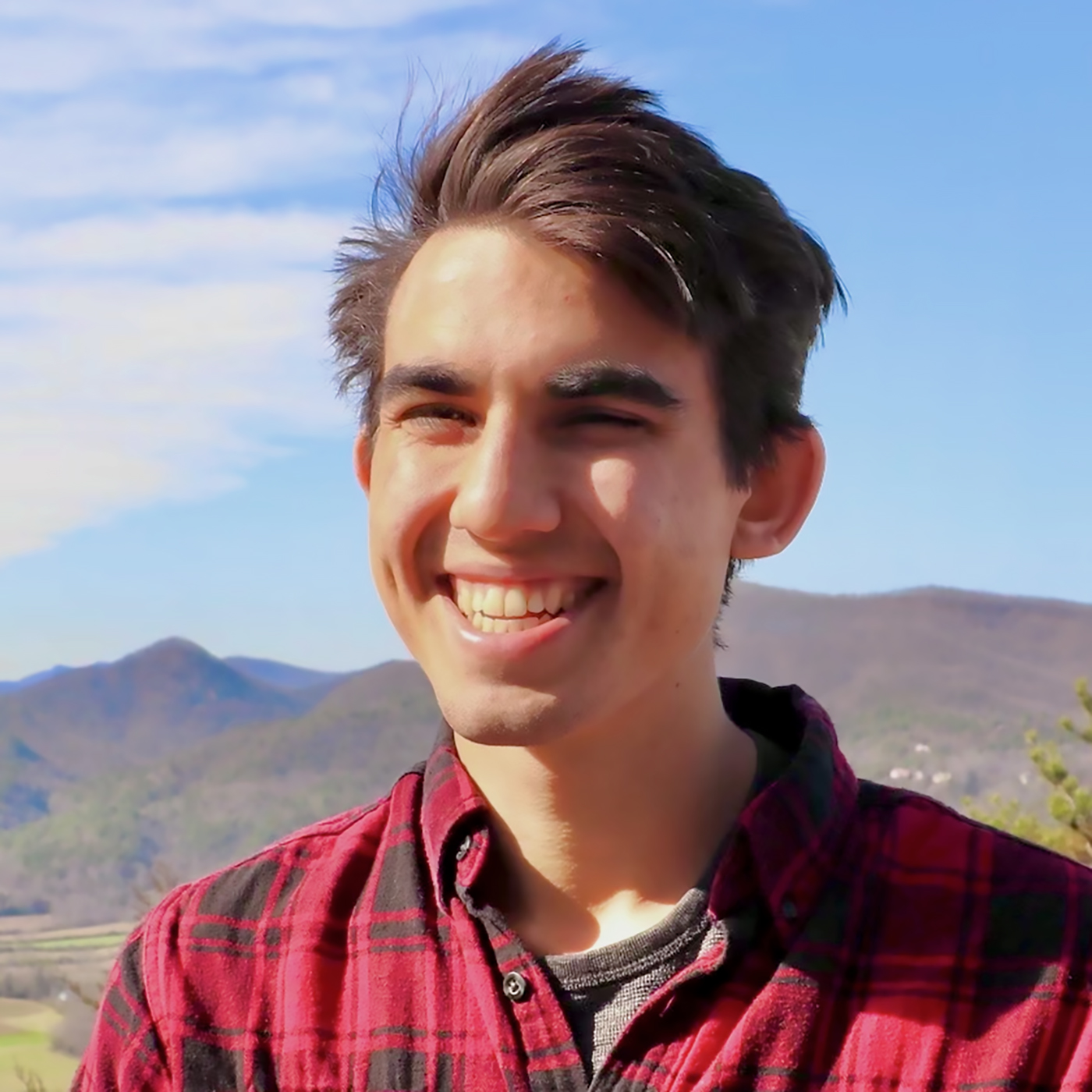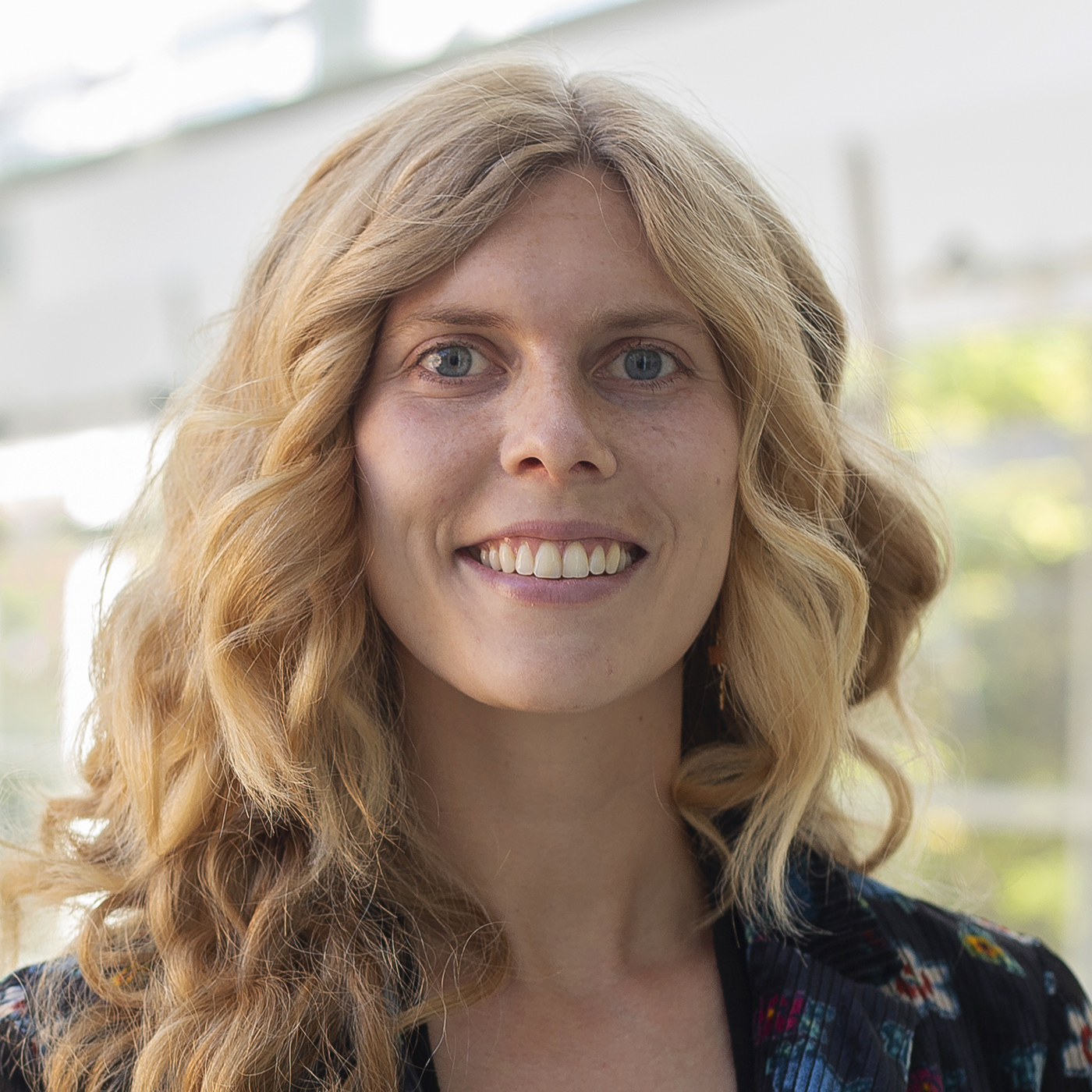BBISS Graduate Fellows Program
The third class of Brook Byers Institute for Sustainable Systems (BBISS) Graduate Fellows was selected in the Fall of 2023. The BBISS Graduate Fellows Program provides graduate students with enhanced training in sustainability, team science, and leadership in addition to their usual programs of study. Each 2-year fellowship is funded by a generous gift from Brook and Shawn Byers and is additionally guided by a Faculty Advisory Board composed of the faculty who submitted the students' nominations. The students apply their skills and talents, working directly with their peers, faculty, and external partners on long-term, large team, sustainability relevant projects. They are also afforded opportunities to organize and host seminar series, develop their professional networks, publish papers, draft proposals, and develop additional skills critical to their professional success and future careers leading research teams.
Find Class I of the BBISS Graduate Fellows Here
Find Class II of the BBISS Graduate Fellows Here
Class III of the Brook Byers Institute for Sustainable Systems Graduate Fellows are:

Aminat A. Ambelorun
Aminat is a Ph.D. Candidate in the School of Earth and Atmospheric Sciences. Her research is focused on developing mathematical models and using high-performance computational tools to understand how glaciers and ice sheets respond to changes in climate and more broadly how the climate changes in polar regions. She is currently working on developing the first large-scale stochastic model of iceberg calving (ice fracture and detachment) to investigate uncertainty in predictions of future ice sheet change. She aims to use these new models to provide more accurate projections of future sea level rise that will help vulnerable communities develop effective adaptation strategies, mitigate the impact of rising sea levels, and foster long-term sustainable planning and engineering design. Recognizing the necessities for education and capacity-building, she is also the graduate student lead for a partnership with universities in South Africa and Nigeria to develop courses on the development of regional climate services using the best available information on varied climate impacts.
Aminat received a B.Sc. in Physics from the University of Ibadan, Nigeria, and a Postgraduate Diploma in Earth System Physics from the International Centre for Theoretical Physics in Italy.
Advisor: Alex Robel

Min-kyeong (Min) Cha
Min is a Ph.D. student in the School of Public Policy of the Ivan Allen College of Liberal Arts. With her interdisciplinary background, she aims to understand what drives the electrification and clean energy transition. Her research focuses on how different environmental policies affect household adoption, and possible ethical concerns in those policies. She is also interested in how environmental policies spur innovation of clean technologies.
Min has worked on finding socioeconomic, attitudinal, and drivers and barriers to household adoption of clean technologies such as solar panels, electric vehicles, and efficient HVAC systems, and on analyzing the potential of rooftop solar in Georgia. Besides research, she loves playing piano, reading novels, learning new languages, and traveling to new places.
Min received her Master’s degree in Technology Policy from Seoul National University, and her Bachelor’s degree from Pohang University of Science and Technology (POSTECH) in Chemical Engineering, earning Summa Cum Laude. She was also a Fulbright scholar for the 2020-2022 academic years.
Advisor: Daniel Matisoff

Allannah Duffy
Allannah is a Ph.D. candidate in the George W. Woodruff School of Mechanical Engineering. Allannah’s research focuses on waste heat recovery and water conservation. She is currently developing a system for seasonal thermal energy storage using absorption with upgraded heat delivery for residential and industrial end uses. The system aims to offset the imbalance that exists between energy supply and demand. She is also developing techniques to reuse and reduce energy and water consumption in the highly energy-intensive Aluminum casting industry. Allannah has worked as a summer research intern for the Electricity Supply Board in Ireland to design a district heating system for citizens in fuel poverty.
Allannah earned a Bachelor of Engineering in Mechanical Engineering from University College Dublin, Ireland in 2022 where she graduated first in her class.
Advisor: Srinivas Garimella

Eric Greenlee
Eric Greenlee is a Ph.D. candidate in the School of Computer Science in the College of Computing. Eric’s research focuses on designing Internet-connected environmental sensing systems in areas with limited infrastructure. By simultaneously addressing the cost, power, and usability concerns of project stakeholders, he aspires to make sensor deployments more accessible for partners who promote environmental justice. Currently, Eric is working closely with indigenous Ojibwe knowledge-holders to co-design a sensing platform to improve outcomes for Manoomin (wild rice), which is central to the Ojibwe way of life and is especially sensitive to environmental change. He recently received the Dartmouth College Postgraduate Project Fellowship to strengthen partnerships in Madagascar, as well as the Georgia Institute of Technology President’s Fellowship. Eric loves spending time outside and hopes to make field science an integral part of his research.
Eric earned a Master of Engineering degree in Electrical and Computer Engineering from the University of Maryland, College Park, and Bachelors of Arts and Engineering degrees in Electrical Engineering from Dartmouth College.
Advisor: Ellen Zegura

Spenser Wipperfurth
Spenser Wipperfurth is a Ph.D. student in the Ocean Science and Engineering program, an interdisciplinary program organized by the Schools of Biology, Civil and Environmental Engineering, and Earth and Atmospheric Sciences. Simultaneously, she is pursuing her MBA from the Scheller College of Business. Spenser's research focuses on increasing coastal resiliency by quantifying and understanding the response of natural resources, namely coastal salt marshes, to compound-extreme events by developing large-scale models of target coastlines and ocean systems. Projects based on this research target the development of models and the presentation of results in formats that are most useful and helpful to the stakeholders who live and work in coastal areas. Spenser is very active in the Georgia Tech community, holding executive and leadership positions in the Graduate Student Government (VP of Academic and Research Affairs, 2022-2024), College of Science (2022-2023), Net Impact (VP of Outreach), Peer Leadership (GT6000 Leader, Committee 2023-Present), and sits on various committees and task forces for the campus-wide Climate Action Plan and Climate Conference.
Spenser holds a BS in Civil Engineering and Spanish Literature from the University of Wisconsin-Madison. She returned to academia after her service in the Peace Corps in Peru, and work in water resources engineering in Minnesota, her home state. When not studying, Spenser can be found outside on a run, on her bike, in a lake, and with her friends. She loves Peruvian food and root beer.
Advisor: Kevin Haas



